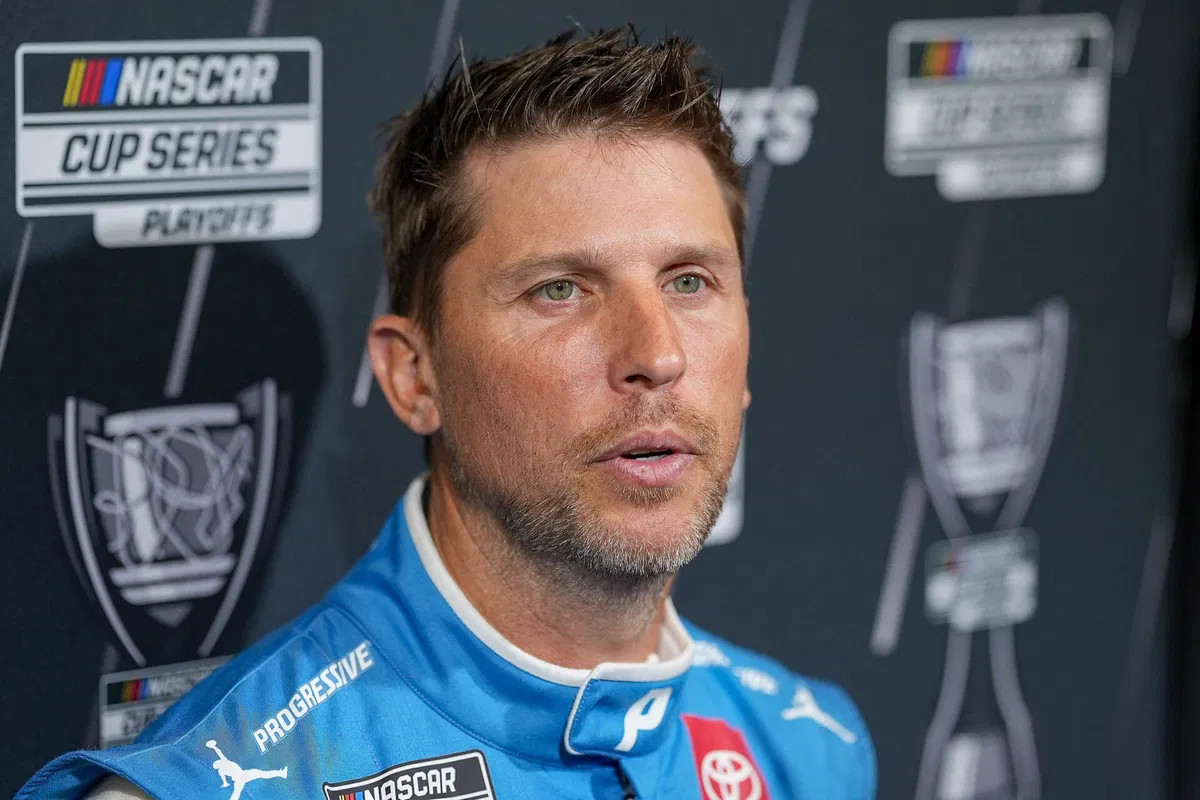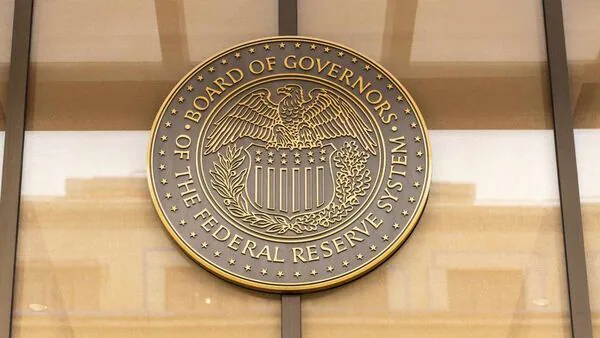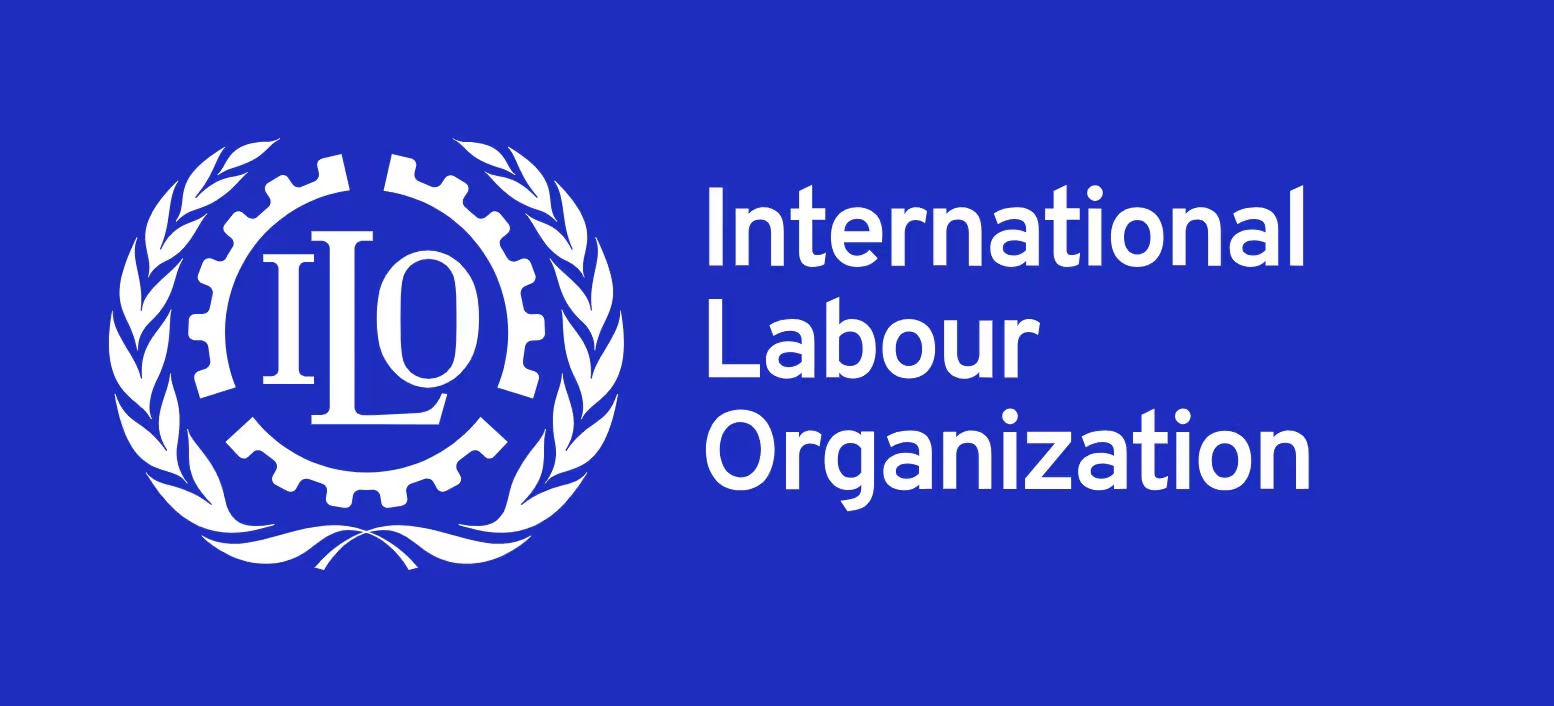Copyright Essentially Sports

The NASCAR garage keeps turning up the volume on the money fight, and Denny Hamlin just tossed in his two cents with a sly jab that landed like a timely pass. Bob Pockrass cracked open the financial books in the 2025 Charter Agreement, pulled public from the 23XI and Front Row antitrust suit against NASCAR. For fans always wondering how teams cash in, the filings lay it bare. Purses are split quickly, five business days post-race, with year-end checks on standings. Playoff wins pack a punch for underdogs, but Pockrass’ numbers spotlight how charters favor the big dogs while small shops scrape. And now, Denny Hamlin has decided to take a sly dig at them. Hamlin’s sharp shot When veteran reporter Bob Pockrass took to X (formerly Twitter) to share a chart of anonymized NASCAR team financials, the discrepancy was stark. The post stated, “Here is the report of team financials. It is broken down ‘per car’, so can’t really tell which is what team (and also not always the same accounting buckets from team to team).” The data illustrated that teams, not NASCAR, bear the avalanche of costs tied to top-tier competition. Charter fees, Next Gen car builds, travel, and sponsorship building. Into that context stepped champion-driver and owner Denny Hamlin, who replied simply, “@grok how much have the teams collectively lost?” His message cut through the accounting jargon and legalese to ask not ‘what revenue do we get?’ but ‘what’s the pain behind the numbers?’ Behind that piercing question lies a six-figure magnitude. The data released as discovery in the antitrust fight between 23XI Racing, Front Row Motorsports, and NASCAR shows averaged “per-car” losses across multiple seasons. One recent report highlighted that over four years, certain teams’ operations had compound losses totaling $81,400,477. That headline figure gives the flashiest soundbite, but the underlying schedule of deficits is what fuels Hamlin’s public dig. The very reason this financial data came to light is the legal dispute filed by 23XI Racing and Front Row Motorsports in October 2024, alleging that NASCAR’s charter system and revenue-sharing model amount to anticompetitive practices. A judge ordered teams to turn over 11 years’ worth of financial data, revenue, costs, net profits or losses, dating back to 2014. The disclosure of average per-car losses confirms what many inside the paddock suspected: charters do not guarantee profitability, and the cost structure can overwhelm a team’s revenue stream. Read Top Stories First From EssentiallySports Click here and check box next to EssentiallySports The released table shows varied results. In some seasons, “per car” revenue surpassed cost marginally, but in many cases, costs exceeded revenue by millions. For example, one team line shows a net loss of over $10 million in a single year. The average cost per car in recent years hovers in the high-twenty-million-dollar range, while base payouts (for showing up, charter value, and performance bonuses) appear limited in comparison. With data stripped to “per car” anonymity, it still paints a consistent picture: teams are spending large sums without matched returns. Hamlin’s tweet, then, serves a dual purpose. First, it elevates his voice not just as a driver but as an owner, making financial sustainability part of his public platform. Second, it reframes the patriarchy of the sport, not just who wins on track, but who can survive financially off it. By asking “how much have the teams collectively lost?” he shifts the narrative from ‘what NASCAR makes’ to ‘what the teams pay’. That matters because the business model of the sport, charters, payouts, and performance bonuses, hinges on a delicate balance. If the losses continue, more teams could walk away, which threatens the field size, sponsorship value, and competitive depth. As the trial looms, with the case set for December, Hamlin’s question echoes in the courtroom and garage alike. His simple tweet may carry more weight than any legal brief: he turned a document into a message, a spreadsheet into a story about survival, and a number into a call for change. For the teams, the question is no longer ‘what do we earn?’ but ‘can we endure?’ Harvick picks Hamlin The financial feud fuels the finale push, and Kevin Harvick keeps it real on Happy Hour with his Phoenix pick: Denny Hamlin. He said, “I’m going to take Denny Hamlin.” The backdrop for Harvick’s pick is compelling. Hamlin enters Phoenix with momentum, a sense of urgency, and a resume that screams ‘when, if not now?’ According to a breakdown on NASCAR.com, Hamlin’s Driver Rating at Phoenix and “Phoenix-style” tracks remains elite while his points and wins this season align with his best chances yet. Co-host Kaitlyn Vincie went for Larson, Mamba Smith for Byron. Larson snagged three wins, 14 top-fives, 21 top-10s, and a 13.4 average finish. Byron’s Martinsville magic locked his third straight Final 4, with three wins, 11 top-fives, 16 top-10s in 35 races. From Harvick’s vantage point, the pick is logical. He knows what it takes to win at Phoenix and sees the trademarks of a champion in Hamlin. On his podcast, Harvick also warned of the magnified pressure the Championship 4 drivers face, describing the week leading up to Phoenix as “abnormal” and teeming with distractions.



